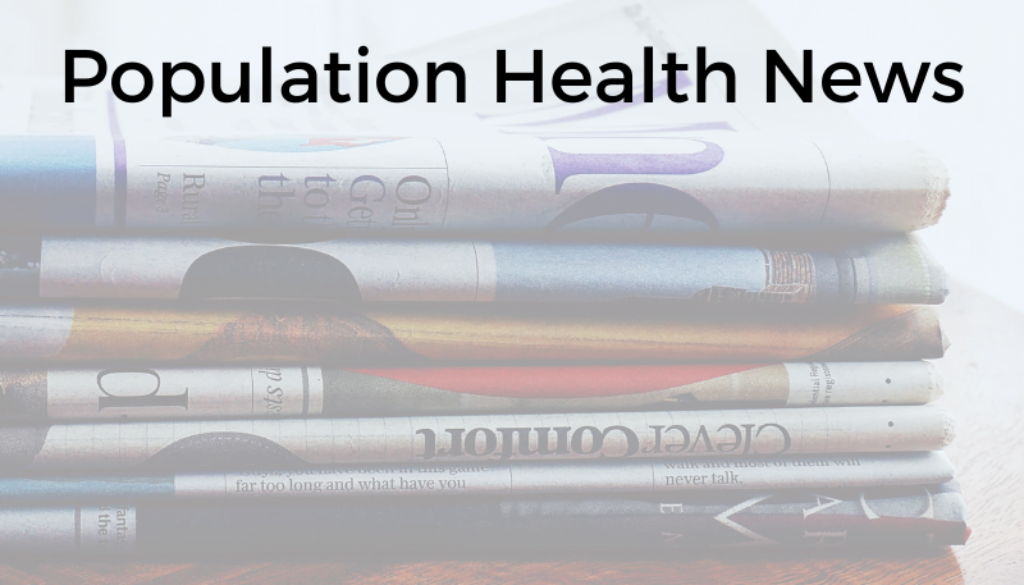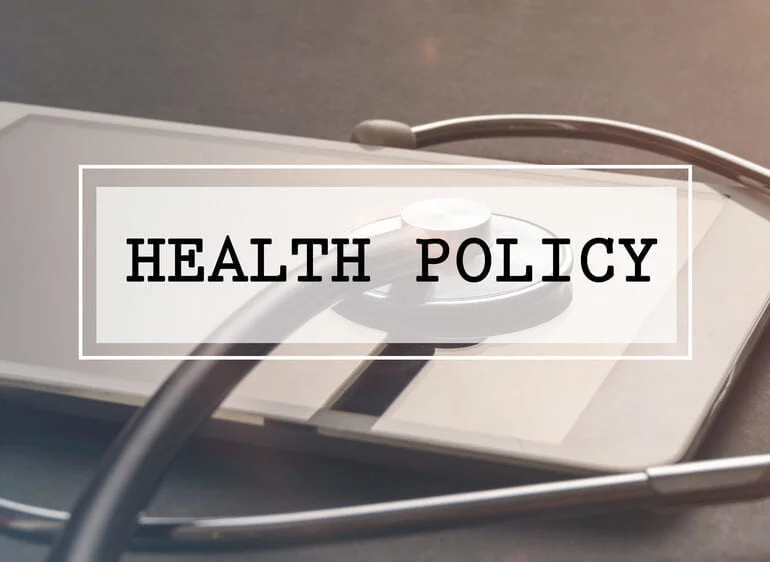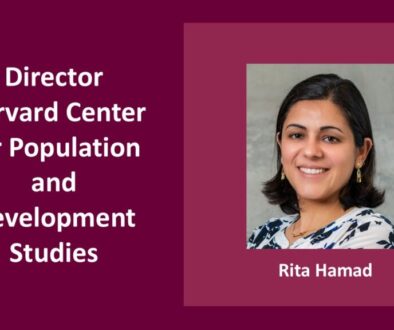Population Health News Round-Up: September 2025
JoAnne DyerHealth Equity and Disparities
Immigration raids could lead to health disparities in Los Angeles and elsewhere: Healthcare providers worry that increased ICE activity could lead to delayed or canceled medical appointments, increases in stress and anxiety, and increased mental health needs. Telehealth, while perhaps safer, faces financial hurdles for some providers, such as equipment and training. (Calo News, Los Angeles, September 16, 2025)
Diaper insecurity affects nearly half of American families with kids 3 and younger: Federal programs like SNAP, WIC, and TANF don’t cover diapers. Parents with lower incomes are more likely to fall short of the number of diapers they need, which can lead to kids’ urinary tract infections and rashes. For parents, financial stress, missed work, depression, and skipped meals can result. (Urban Institute, Fact Sheet, September 2025.)
Nonfinancial factors affect food security for older adults: Poor mental and physical health, transportation challenges, and lack of access can be both causes and effects of food insecurity in older adults in the U.S. (Syracuse University Maxwell School of Citizenship & Public Affairs, Lerner Center for Public Health Promotion & Population Health, Center for Aging and Policy Studies, Research Brief, September 23, 2025)
Environmental & Climate Health and Justice
Environmental racism starts with dehumanization: That marginalized communities experience higher levels of pollution — and the health issues that follow — is no accident: It’s by design. To help, more diversity in the environmental movement is needed, says Felicia Davis in this article. (San Diego Voice & Viewpoint, September 11, 2025)
Asthma rates in Black adults and majority-Black cities: Detroit is at the top of the list of “asthma capitals.” And “Black adults were 30% more likely to have asthma than wide adults in 2023.” (Word in Black, September 9, 2025)
Built Environments, Spaces, and Places
 In Michigan, multiple programs make the built environment healthier: Rec-Connect, Storywalk, Safe Routes to School Michigan, and The Urban Collaboratory at the University of Michigan work to educate people on diet and exercise, make streets safer, and clean up the environment and water. (Second Wave Media, January 14, 2025)
In Michigan, multiple programs make the built environment healthier: Rec-Connect, Storywalk, Safe Routes to School Michigan, and The Urban Collaboratory at the University of Michigan work to educate people on diet and exercise, make streets safer, and clean up the environment and water. (Second Wave Media, January 14, 2025)
A staffing crisis at the Department of Veterans Affairs (VA): Doctors and nurses are leaving or declining to work in the VA healthcare system, and more cuts and layoffs are possible. There’s also a shortage of support staff, such as purchasing agents. In Maine, for example, patients wait two months for a primary care appointment. (ProPublica, August 8, 2025)
Policy and Programs
Predictive analytics for population health: Duke Health will collaborate with Trilliant Health to use predictive analytics to improve health equity. (Predictive Analytics World, September 8, 2025)
Medicaid cuts will push costs to the states: States are looking at what to do without millions of Medicaid dollars. Delaware is scaling back projects, Hawaii is implementing $50 million in grants, and New Mexico is creating a trust fund. (CBS News, September 8, 2025)
Health policy in the U.S. is being misinformed by incorrect information: RFK Jr.’s “misguided science,” especially regarding mRNA vaccines and research, is leading America down the wrong path. Deborah Fuller, Professor of Microbiology at the University of Washington, explains in detail. (The Conversation, September 4, 2025)
Book Spotlight
In Not All In: Race, Immigration, and Health Care Exclusion in the Age of Obamacare, Tiffany Joseph looks at how health policy fails immigrant communities. (Johns Hopkins Press, 2025)
You can read more from Tiffany Joseph in this blog post on anti-immigrant policies and population health, which she co-authored with Helen Morrow. Joseph also discusses why anti-immigrant policies and rhetoric can become deadly in this post.










All comments will be reviewed and posted if substantive and of general interest to IAPHS readers.